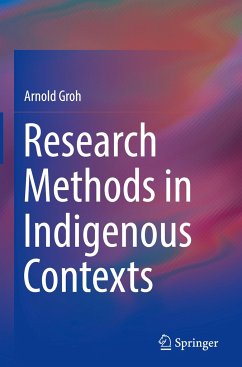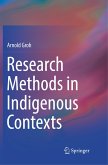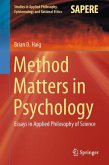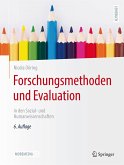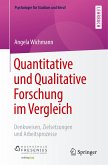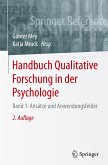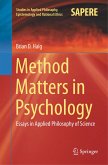This forward-looking resource offers readers a modern contextual framework for conducting social science research with indigenous peoples. Foundational chapters summarize current UN-based standards for indigenous rights and autonomy, with their implications for research practice. Coverage goes on to detail minimally-invasive data-gathering methods, survey current training and competency issues, and consider the scientist's role in research, particularly as a product of his/her own cultural background. From these guidelines and findings, students and professionals have a robust base for carrying out indigenous research that is valid and reliable as well as respectful and ethical.
Among the topics covered:
· Cultural theories and cultural dominance.
· The legal framework of research in indigenous contexts.
· The role of language within indigenous peoples' cultural rights.
· Methodology: how to optimally collect data in the field.
· Researchers' influence and philosophy of science.
· Learning how to prepare research in indigenous contexts.
Research Methods in Indigenous Contexts is an important reference benefitting a wide audience, including students and researchers in the social sciences, humanities, and psychology; decision-makers of NGOs and GOs that act with regard to humanitarian aid, for tourism projects, or any other contingency with indigenous contexts; and policymakers interested in the aspects of human activity upon which indigenous cultural concerns are based.
Among the topics covered:
· Cultural theories and cultural dominance.
· The legal framework of research in indigenous contexts.
· The role of language within indigenous peoples' cultural rights.
· Methodology: how to optimally collect data in the field.
· Researchers' influence and philosophy of science.
· Learning how to prepare research in indigenous contexts.
Research Methods in Indigenous Contexts is an important reference benefitting a wide audience, including students and researchers in the social sciences, humanities, and psychology; decision-makers of NGOs and GOs that act with regard to humanitarian aid, for tourism projects, or any other contingency with indigenous contexts; and policymakers interested in the aspects of human activity upon which indigenous cultural concerns are based.

